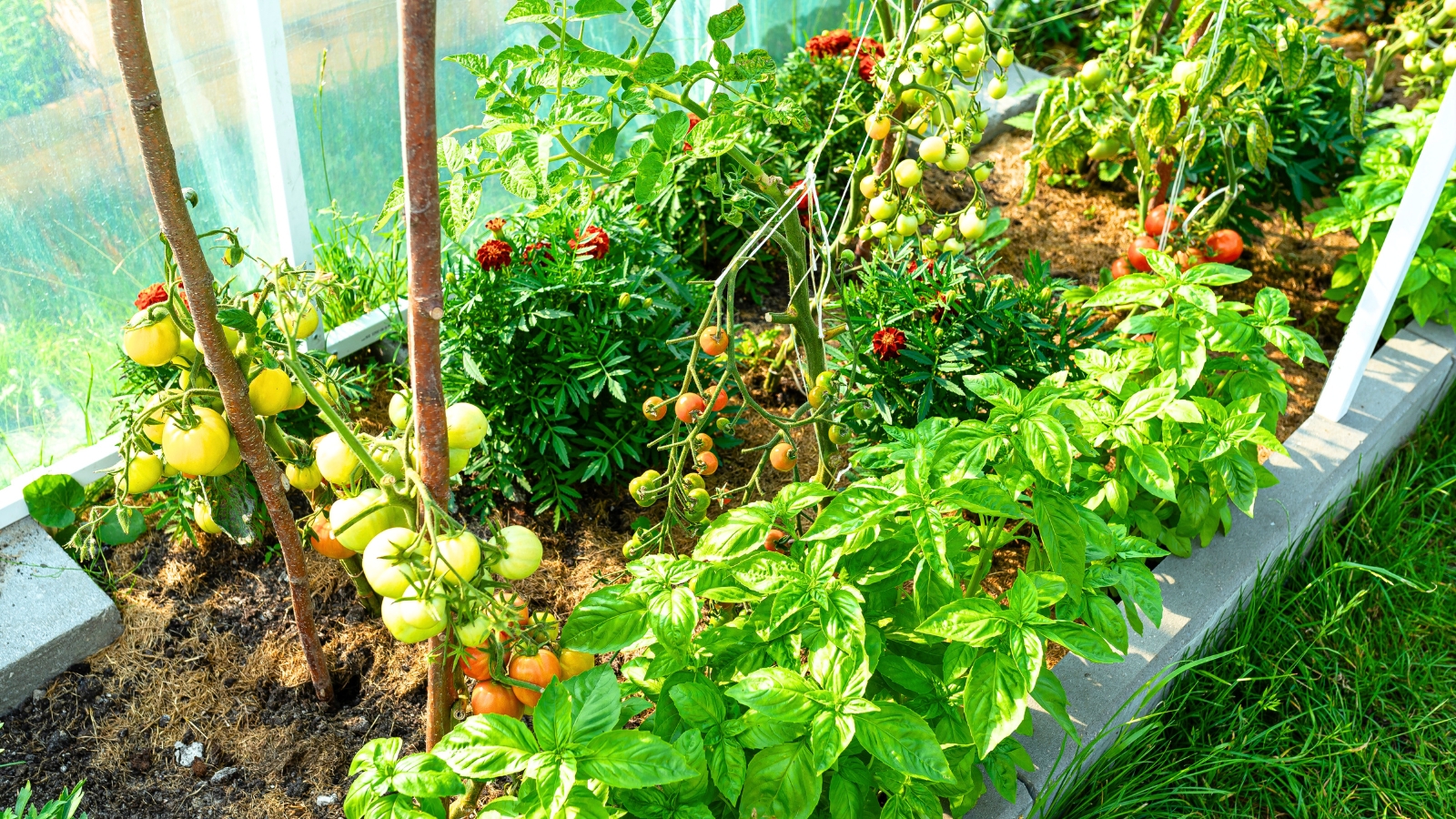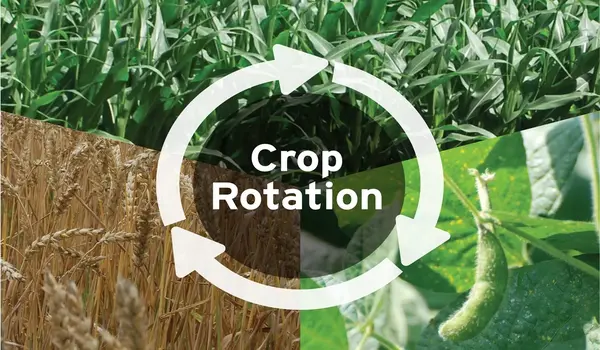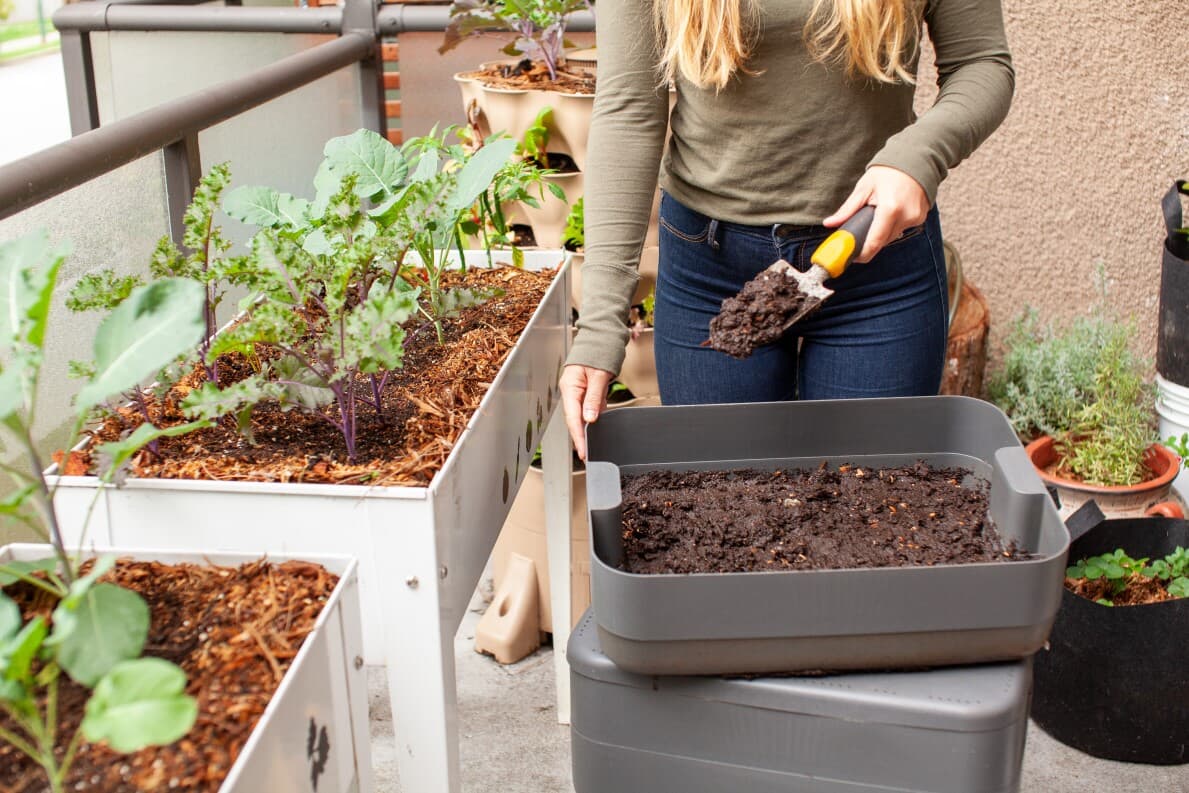Organic gardening is intrinsically linked with sustainability! In essence, organic gardening represents nurturing relationships with the forces of nature. But as gardeners, how often do we stop and think about how sustainable our practices truly are? From the tools we use to the way we care for our plants, there is always means of improvement (pun intended!). By focusing on sustainability, we not only protect our environment but also create a garden that thrives long-term. After all, the future can only be envisioned in a world where everyone has equal access to the natural resources provided—healthy soil, clean water, and brilliantly colored flowers.
Adopting a Sustainable Approach in the Garden
What does this’sustainable’ term encompass when we talk about gardening systems? To put it simply, it is about building such an ecosystem that is biologically self-sustaining and does not consume excessive energy nor damages the existing biomes. Picture this: you have a farm where everything is in balance, waste is fertilizer, and water is stored and used wisely. Quite awe-inspiring, right? The good news is—this is reality and not wishful thinking. Sustainable gardening practices are specifically focused on reuse and recycling, conservation of resources, and respecting nature. It is all about using the garden as a means of expressing the natural ecosystem and leaving a minimal environmental impact.
Buying Suitable Seeds and Plants
Never forget, not every seed is the same! Did you know that purchasing seeds from sustainable and ethical sources can make a huge difference? Sometimes, those big-box store seeds come from operations that prioritize yield over biodiversity.
Instead, choose an alternative that involves seed programs and heirloom cultivars. Why? Because they are more adapted to the region, and growing them conserves the gene pool of plants. Also, while you are at it, think about getting indigenous plants! These are the plants that are best suited for your region and need less water, fertilizers, and care. In short, these are the best low-maintenance friends of your garden.
Soil Fertility and Management Practices
Alright, let’s talk about soil. It’s the unsung hero of every flourishing garden. That is why our primary aim is to ensure that the soil is healthy because it’s from that medium that the plants’ nutrients are attained. Bypass the use of chemical fertilizers that are available in plenty and instead are known for their destructive nature to the ecosystem and depletion of soil nutrients in the long run. Instead, ethically support your soil! For mulch, cover crops, and organic compost usage, you can go with any to nurture the soil that provides sustenance to our plants you can treat your soil like a king. Take care of your plants and in return, they’ll also take care of you.
Irrigation of Organic Gardens: Tips for Saving Water
If you have ever been compelled to water your plants under the hot sun, promising them that your hose will provide them the relief they need, raise your hand! In case getting a garden is easier than taking care of it, it is never over that water from a hose should be used in excess; it also doesn’t help your water bill! Stress-relieving watering practices aim at doing more with less. Such an old and underrated whistleblower—collect unique or ideal rainwater through rain barrels and save on expenses. Or choose drip irrigation systems that deliver water only where it is required, when it is required, to the roots of the plants.
Also, remember mulching, which is a water-retaining layer added to the soil, reduces wastage and makes both the plants and soil happier. Everyone wins.
Managing Pests and Ensuring Sustainability
Pests are the most annoying troublemakers that most people are familiar with, but before grabbing the sprays or harsh chemicals, there is another way. For one, these sprays end up draining into our bodies of water, and that does not help the case. Rather, encourage the bad bugs’ predators, such as ladybugs, praying mantises, and spiders, to do the job with ease for you, or grow flowers and other plants that repel these bad bugs. Increasing the variety of species present within your garden will have a pleasing effect on the garden ecosystem since they will help regulate each other. There is a great deal that nature can achieve if it is given the space and time necessary.
The Role of Composting in Sustainability
The first definition of composting is that it advocates the concept of “reduce, reuse, and recycle.” Therefore, it is comparable to cooking a dish for your garden while replacing traditional cooking components with food leftovers, dried leaves, and grass clippings. While composting, you cut down on trash that would otherwise be thrown out, and at the same time, you are providing your plants and soil with the best possible highly nutrient soil enhancer. Funny fact, I reckon you’ve heard about it: a well-maintained compost pile generates less methane gas—a greenhouse gas that accelerates global warming. An eco-friendly garden with no compost pile? We can’t say we know her.
Establishing a Wildlife-Friendly Garden
Sustainability goes beyond just plants: It refers to an ecosystem where different forms of life thrive in harmony. Bees, birds, butterflies—they are all important cogs in the wheel of the garden. Do you want to contribute towards making a difference? Plant flowers that are rich in nectar so the pollinators can work their magic. Also, consider leaving a small source of water, like a shallow birdbath. Even a simple pile of rocks can turn out to be a welcoming place for insects. You would be pleasantly shocked at the amount of wildlife that such a small effort garners! Combining gardening with the sight of birds and butterflies moving about your garden—now that is the cherry on top for any organic gardener!
FAQs
1. What are the easiest ways to start making my garden more sustainable?
Look for the small things! Set up a rainwater barrel, start a compost bin, and find out what native plants would grow well in your area. It may look insignificant at first, but it all adds up!
2. Will sustainable gardening cost me more?
Definitely not! In fact, many sustainable gardening practices are even cost-friendly in the long run, such as composting or utilizing rainwater. In addition, you will also spend far less on chemical fertilizers and pesticides.
3. Can I practice gardening sustainably in a small area?
Yes! Even native or drought-resistant plants can be grown; vertical gardening and more conservation-focused watering systems such as drip irrigation can be applied in narrow spaces.
4. What is the way to get rid of pesticides legally if I do not wish to use them anymore?
Some local authorities operate hazardous waste disposal. Confirm with your locality regarding such disposal options.




